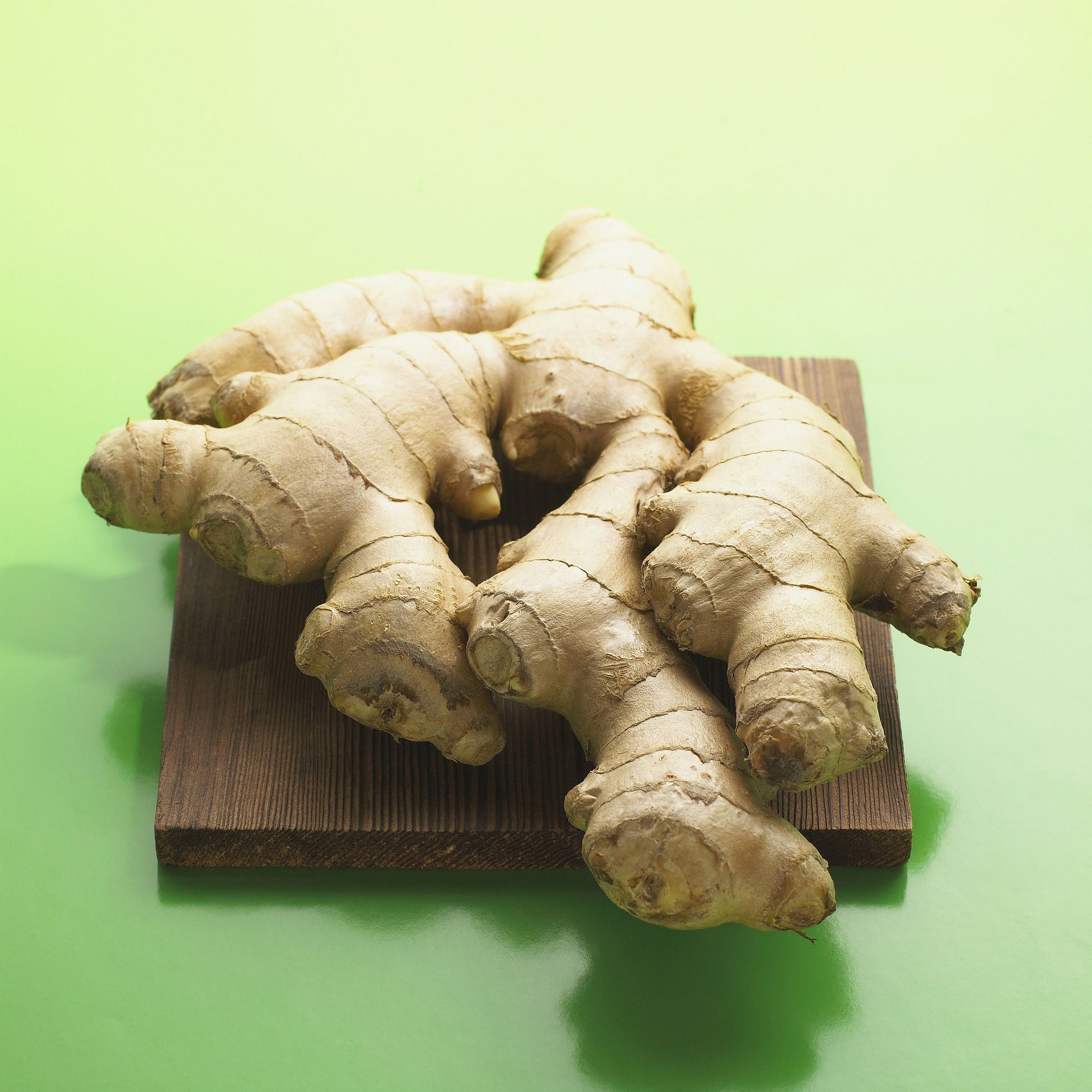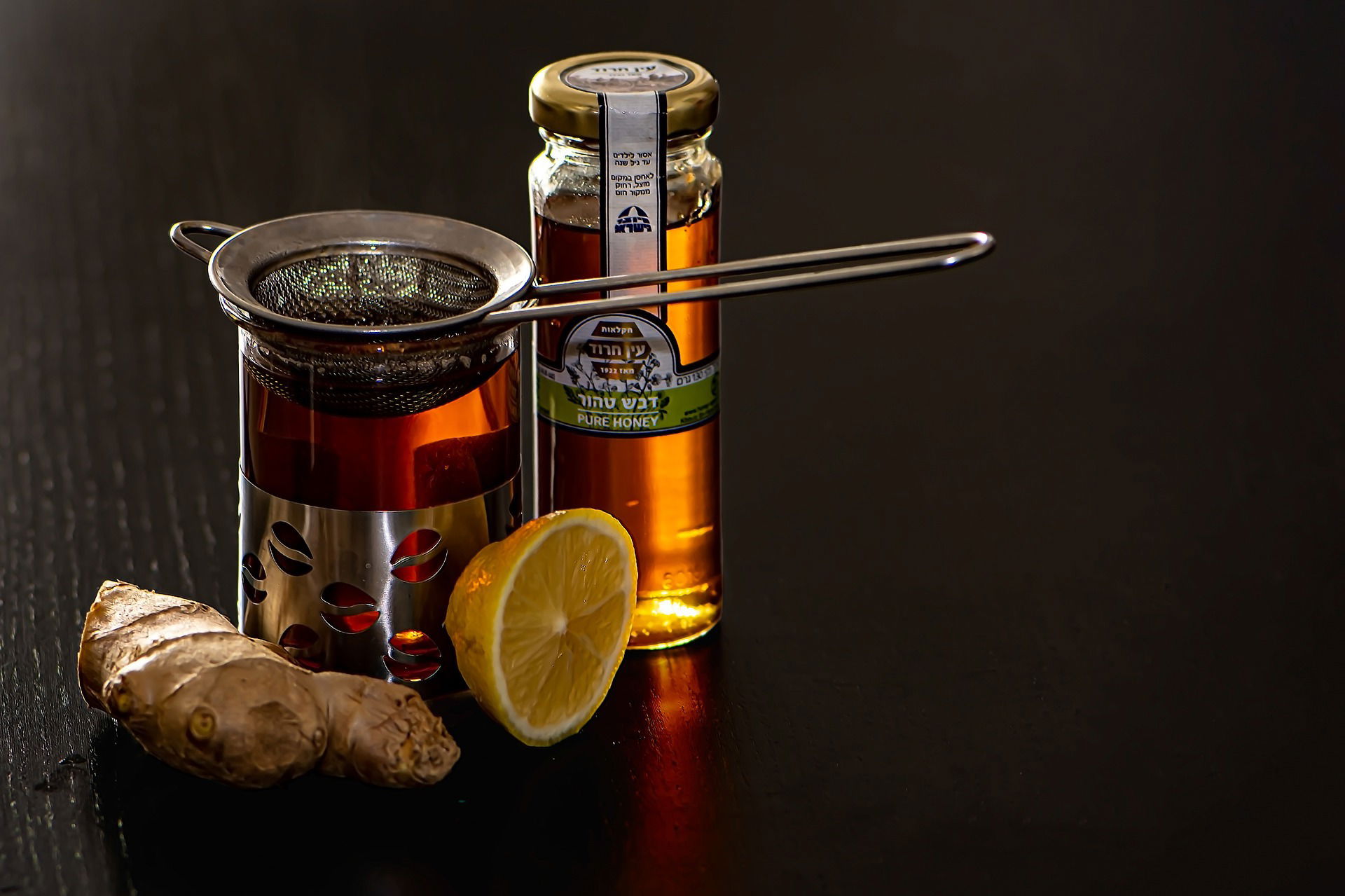The Growing Demand for Fresh Ginger in South Africa
Ginger is a widely popular and versatile ingredient, used in various cuisines and traditional medicines across the world. In South Africa, the demand for fresh ginger has been on a steady rise in recent years, with Thai ginger quickly establishing itself as a preferred choice among consumers. Thailand, in turn, has become a leading exporter of fresh ginger to South Africa due to its superior quality and competitive pricing. This article delves into the factors fueling the success of Thailand's ginger industry, as well as the health benefits and culinary uses of ginger in South Africa. Additionally, we explore the economic and cultural impact of ginger trade between Thailand and South Africa, the challenges faced by South African businesses in ginger importation, and the future of Thailand fresh ginger in the South African market.

The Growing Demand for Fresh Ginger in South Africa
Ginger has been gaining popularity as a versatile ingredient in South African cuisine, with its distinctive spicy and citrusy flavor being used in curries, stews, and soups. Additionally, ginger is known for its numerous health benefits, including its ability to relieve nausea and inflammation. Over the past few years, the consumption of ginger in South Africa has been steadily increasing, with an average annual growth rate of 11% between 2015 and 2019.
Statistics on the Increasing Consumption of Ginger in South Africa
According to a report by Euromonitor International, ginger consumption in South Africa reached 5,500 metric tons in 2019, up from 4,300 metric tons in 2015. This trend is expected to continue, with ginger consumption forecasted to reach 8,000 metric tons by 2024, representing an average annual growth rate of 7.7% between 2019 and 2024.

The Rise of Thailand as a Major Ginger Exporter
Thailand has emerged as a major player in the global ginger industry, with the country being the world's largest exporter of fresh ginger. In 2019, Thailand exported around 170,000 metric tons of ginger, accounting for more than 60% of the world's total ginger exports.
Overview of Thailand's Ginger Industry
Ginger is primarily grown in the northern region of Thailand, with Chiang Mai and Chiang Rai provinces being the largest ginger-producing areas. The majority of Thai ginger exports are in fresh form and are shipped to various countries, including South Africa.
Factors Contributing to Thailand's Success in Ginger Exportation
Some of the factors contributing to Thailand's success in ginger exportation include the country's favorable climate for ginger cultivation, a strong network of growers and exporters, and a well-established quality control system that ensures exports meet international standards.

The Benefits of Using Fresh Ginger in Cooking and Health
Apart from its distinct flavor, fresh ginger is known for its numerous health benefits, including its ability to boost the immune system, improve digestion, and reduce inflammation. Additionally, fresh ginger is a popular ingredient in various South African dishes, including curries, stir-fries, and marinades.
Culinary Uses of Ginger and Popular Dishes in South Africa
Ginger is a common ingredient in South African cuisine, used in various dishes such as bobotie, bredie, and chutneys. Additionally, ginger can be used in marinades for grilled meat, added to soups, and used to make ginger beer and tea.
Health Benefits of Ginger and its Use in Traditional Medicine
Ginger has been used in traditional medicine for centuries and is known for its anti-inflammatory and antioxidant properties. Ginger is also believed to help alleviate nausea, aid digestion, and reduce muscle pain.
The Quality Standards of Thailand Fresh Ginger
Thailand's ginger industry has stringent quality control measures in place to ensure that exports meet international standards.
Regulations and Certification of Thailand's Ginger Industry
Thai ginger exports must comply with the country's agricultural and quarantine regulations, covering the production, processing, and distribution of ginger. Additionally, Thailand's ginger industry is certified by various international standard organizations, including the Global Good Agricultural Practices (Global G.A.P.) and Hazard Analysis and Critical Control Points (HACCP).
The Quality Control Process for Thailand Fresh Ginger
Thailand's quality control process for fresh ginger includes regular inspections of farms, processing facilities, and packing houses. Additionally, all ginger exports undergo laboratory testing to ensure that they meet the required standards for quality, safety, and traceability.

The Economic and Cultural Impact of Ginger Trade between Thailand and South Africa
Ginger trade between Thailand and South Africa has been steadily growing over the years. The trade has had both economic and cultural impacts on the two countries. Thailand is the world's largest producer of ginger, while South Africa is one of the fastest-growing markets for spice.
Overview of the Economic Benefits of Ginger Trade between Thailand and South Africa
The trade of fresh ginger between Thailand and South Africa has brought about significant economic benefits to both countries. For Thailand, the ginger trade has contributed to the growth of the country's agricultural sector, providing a source of income for farmers and creating job opportunities.
In South Africa, the import of fresh ginger from Thailand has led to increased consumer demand, creating a growing market for ginger products. The trade has also resulted in increased revenue for businesses involved in the importation and distribution of ginger in the country.
The Cultural Significance of Ginger in Thailand and South Africa
Ginger holds cultural significance in both Thailand and South Africa. In Thailand, ginger is used in traditional medicine and is believed to have healing properties. The spice is also used in many Thai dishes, providing a unique flavor and aroma.
In South Africa, ginger is also used in traditional medicine and is believed to help with nausea, vomiting, and headaches. The spice is also used in many South African dishes, providing a distinct flavor to local cuisine.

The Challenges and Opportunities in Ginger Import and Distribution for South African Businesses
Despite the growing demand for ginger in South Africa, businesses involved in the import and distribution of the spice face a few obstacles.
The Obstacles Faced by South African Businesses in Ginger Importation
One of the main obstacles faced by South African businesses involved in ginger importation is the high cost of importing the spice. Additionally, the quality of ginger available in some markets is not always consistent, making it difficult for businesses to maintain a steady supply of high-quality ginger.
Potential for Growth and Opportunities in Ginger Distribution in South Africa
Despite the challenges, there is still significant potential for growth in the ginger market in South Africa. The growing demand for ginger products, coupled with the increasing awareness of its health benefits, presents an opportunity for businesses to expand their operations and increase revenue.
Some opportunities for growth include investing in technology to improve the quality of ginger imported, exploring new markets and consumer segments, and establishing partnerships with local farmers and producers.

The Future of Thailand Fresh Ginger in the South African Market
The future of Thailand's fresh ginger in the South African market looks promising, with growing demand and interest in spice.
Trends and Predictions for the Future of Ginger Importation and Consumption in South Africa
Industry experts predict that the demand for ginger in South Africa will continue to grow in the coming years. This is driven by the increasing awareness of the health benefits of ginger, coupled with the growing demand for organic and natural products.
There is also a growing trend towards innovative ginger products such as ginger beer, ginger tea, and ginger candies, which present opportunities for businesses to diversify their product offerings and tap into new consumer segments.
In conclusion, the trade of fresh ginger between Thailand and South Africa has had a significant impact on the two countries. Despite the challenges, there is still significant potential for growth in the ginger market in South Africa, and we can expect to see more innovative ginger products and increased demand for spice in the years to come. In conclusion, the increasing demand for fresh ginger in South Africa represents a unique opportunity for Thailand's ginger industry to expand its market share. As South African consumers continue to embrace ginger's health benefits and culinary appeal, the future looks promising for Thailand's fresh ginger in this market. By overcoming the challenges of importation and distribution, South African businesses can take advantage of this growing trend for the benefit of both their customers and their bottom line.

Frequently Asked Questions
Why has the demand for fresh ginger increased in South Africa?
The increased demand for fresh ginger in South Africa can be attributed to a growing awareness of its numerous health benefits, as well as its versatility in cooking.
Why is Thailand considered a leading exporter of fresh ginger to South Africa?
Thailand has become a leading exporter of fresh ginger to South Africa due to its superior quality, competitive pricing, and efficient distribution network.
What are the challenges faced by South African businesses in ginger importation?
South African businesses face challenges in ginger importation due to regulatory requirements, logistical issues, and competition from established importers. However, opportunities for growth and expansion exist in this market.
What does the future hold for Thailand's fresh ginger in South Africa?
The future looks promising for Thailand's fresh ginger in the South African market, with trends indicating continued growth in demand. This presents opportunities for both Thailand and South African businesses to expand their market share and capitalize on this growing trend.
